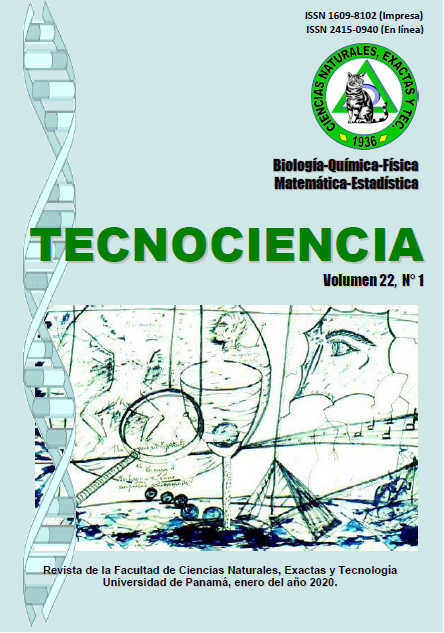

Academic stress is the emotional or mental state that students experience during their studies, the result of a demanding system, daily events, high workload and reduced delivery times that lead to overstimulation of the Hypothalamus-Pituitary-Adrenal (HPA) axis ; which can cause students to experience physical and mental exhaustion, little interest in studying, nervous breakdowns, depressive episodes and / or anxiety, change in eating habits, sleep disturbances or encourage psychotropic consumption. The study evaluated the validity and reliability of the SEEU-R scale that measures academic stress. The instrument was applied in a sample of students from different faculties of the University of Panama. The validity of the instrument was through a factor analysis, removing those variables that did not comply with the assumptions and those reagents with factor load less than 0.400. The internal consistency by Cronbach's Alpha was 0.885, the 28 items were grouped into 6 factors, explaining 52.85% of total variance. The SEEU-P suggested version has a conceptual and construct validity with acceptable psychometric properties. We have the valid and reliable instrument developed in samples of Panamanian students. An hyperactivation in the HPA axis caused by stress could lead to sleep disorder, decreased intestinal mobility, slight increase in blood pressure, fatigue, limb pain and tachycardia.